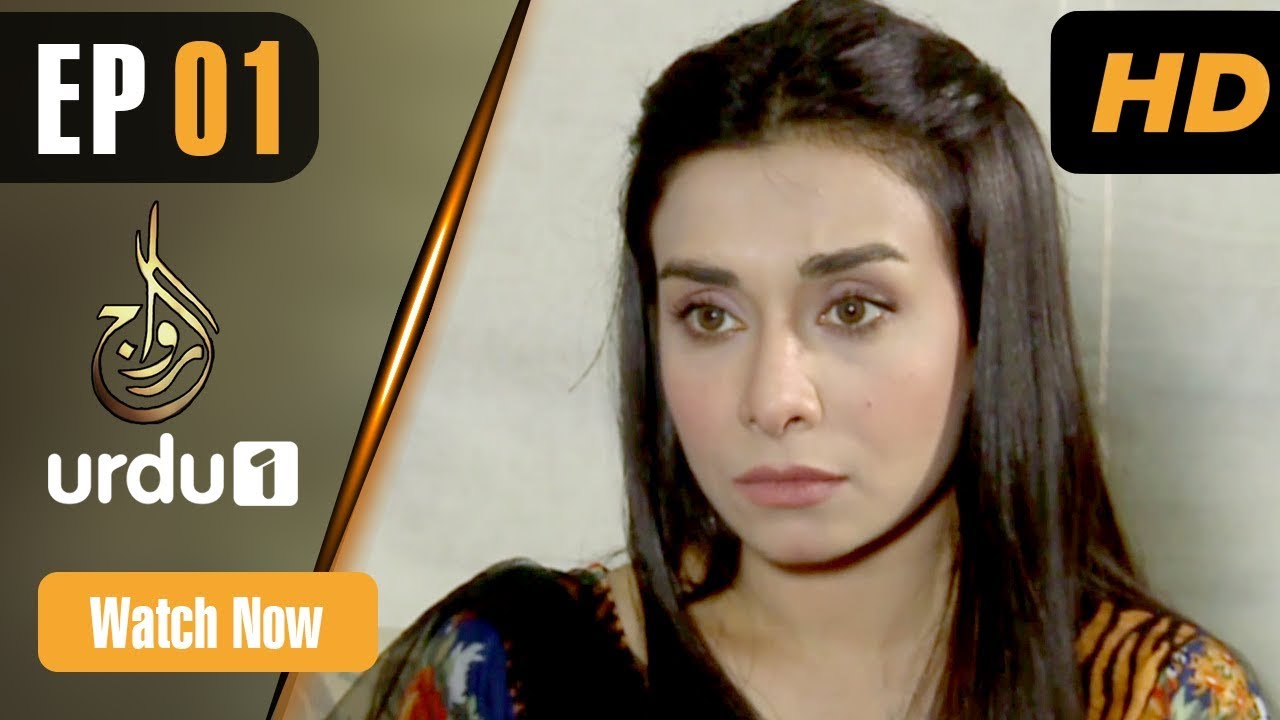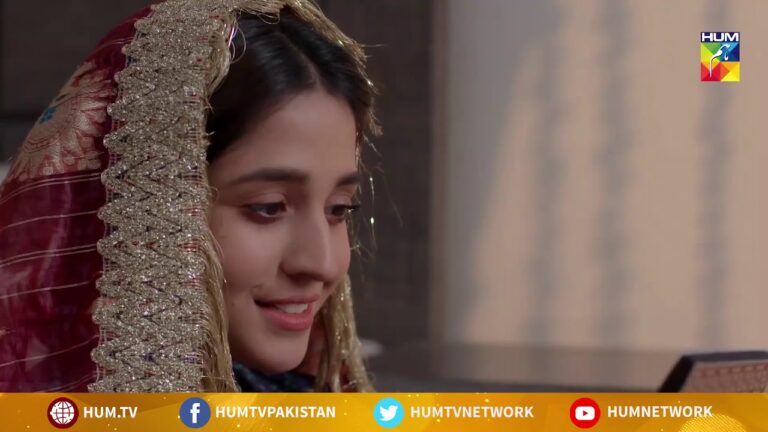Riwaaj Drama Review: Riwaaj, a drama that dominated Pakistani television screens, left an undeniable mark on viewers. This review delves into the intricate plot, explores the characters’ complexities, and analyzes the drama’s social commentary.
A Story of Duty and Deception
Riwaaj weaves a narrative centered around Mahira (Mehreen Jabbar), a woman bound by societal expectations. She is promised in marriage to Ahsan (Saqib Sumar), a childhood friend, as per their families’ wishes. However, Mahira’s heart belongs to Salman (Faysal Qureshi), a charming outsider disapproved of by her family due to his social standing. The story unfolds as Mahira grapples with her loyalty to her family and her yearning for love.
A Cast of Compelling Characters
-
Mahira: The central character, Mahira embodies the conflict between tradition and personal desires. Mehreen Jabbar delivers a powerful performance, portraying Mahira’s vulnerability and courage as she navigates societal pressures and fights for her happiness.
-
Ahsan: Ahsan, played by Saqib Sumar, is the embodiment of duty. He adheres to his familial obligations but struggles to understand Mahira’s emotional turmoil. Sumar portrays Ahsan’s complexity, showcasing his unwavering loyalty while hinting at a deeper understanding of Mahira’s plight.
-
Salman: Faysal Qureshi breathes life into Salman, the charismatic outsider. Salman represents the allure of love beyond societal constraints. Qureshi’s portrayal is captivating, yet the character remains somewhat enigmatic, leaving viewers to question his sincerity.
-
Supporting Characters: The drama is enriched by a strong supporting cast. Mahira’s parents, played by veteran actors, represent the unwavering adherence to tradition. Salman’s sister, Zoya (Marina Khan), provides a voice of reason and understanding. These characters add depth to the narrative, highlighting the societal forces shaping the central conflict.
Social Commentary: A Reflection of Pakistani Society
Riwaaj is more than just a love triangle. It serves as a social commentary on Pakistani society, particularly focusing on:
-
The Importance of Family Honor: The drama emphasizes the significance of family honor in Pakistani culture. Marriages are often seen as a way to uphold family standing, placing immense pressure on individuals to prioritize duty over personal desires.
-
The Struggles of Women: Mahira’s predicament reflects the challenges faced by many Pakistani women caught between societal expectations and their own aspirations. The drama highlights the importance of female agency and the need for women to have a voice in choosing their life partners.
-
Social Class Differences: The drama subtly touches upon the existing class divide in Pakistani society. Ahsan’s privileged background contrasts with Salman’s more modest circumstances, hinting at the societal biases that can influence marital choices.
Beyond the Narrative: Production and Impact
Riwaaj’s success lies not just in its compelling narrative but also in its exceptional production value. The direction by Mehreen Jabbar is noteworthy, as she masterfully captures the emotional intensity of the story. The drama’s soundtrack, featuring soulful music, further enhances the viewing experience.
The impact of Riwaaj was undeniable. It sparked national conversations about love, marriage, and societal pressures. The drama challenged traditional norms and resonated with viewers, particularly young women, who identified with Mahira’s struggles.
A Lasting Legacy
Riwaaj’s legacy extends beyond its original run. Even today, the drama is remembered for its powerful story, relatable characters, and its thought-provoking social commentary. It continues to be a touchstone for Pakistani dramas, influencing future narratives that explore themes of love, family, and societal expectations.
In Conclusion
Riwaaj is a captivating drama that transcends mere entertainment. It offers a poignant reflection of Pakistani society, its traditions, and the complexities of human relationships. The drama’s enduring appeal lies in its ability to evoke empathy, challenge societal norms, and leave a lasting impression on viewers. While the narrative may conclude, the conversations it sparked about love, duty, and societal expectations continue to resonate.










+ There are no comments
Add yours